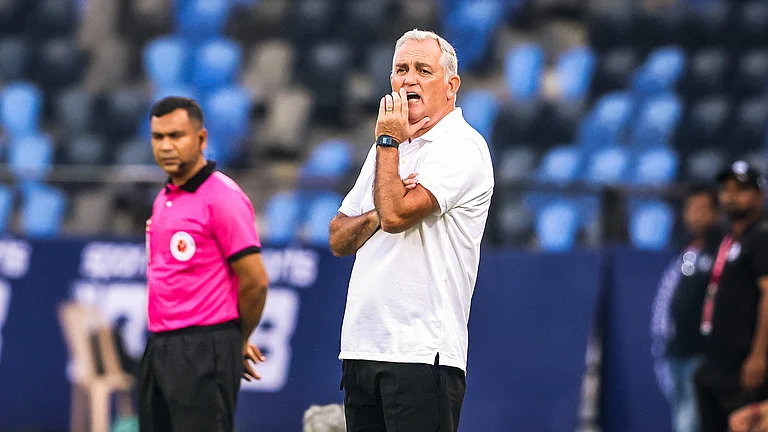The Mumbai City FC started their title defence in the Indian Super League 2024-25 season on a disappointing note earning only two points from three games, drawing two losing one. In desperate need of reinforcements, the team finds themselves unable to make transfers due to the ongoing FIFA ban, adding to their challenges this season. (More Football News)
In an official statement the All Indian Football Federation (AIFF) confirmed the news stating, "A national ban on the registration of new players has been imposed on the Club Mumbai City FC. The ban will be effective immediately, as per the communications received from FIFA's Head of Disciplinary."
This ban seems to have transpired from Mumbai City FC's failure to fulfill solidarity payments owed to a Brazilian club. The club was given a timeframe of 24 to 48 hours to resolve the issue.
What Are Solidarity Payments?
Solidarity payments, a term frequently heard in football, refer to the financial compensations mandated by FIFA when a player transfers from one club to another.
These payments support clubs that have played a role in the growth of a player during their formative years, between the ages of 12 and 23.
According to FIFA guidelines, when a player is transferred, the transferring club must pay a fee of 5% to the clubs that contributed to the player's training and development.
In the ISL 2024-25 season, Mumbai City FC started with a 2-2 draw against Mohun Bagan, followed by a 2-3 loss to Jamshedpur FC, and then a goalless draw with Bengaluru FC. They are set to face Goa next on October 19 at the Fatorda Stadium in Margao.


























